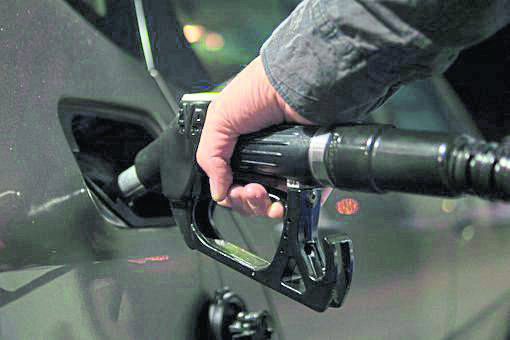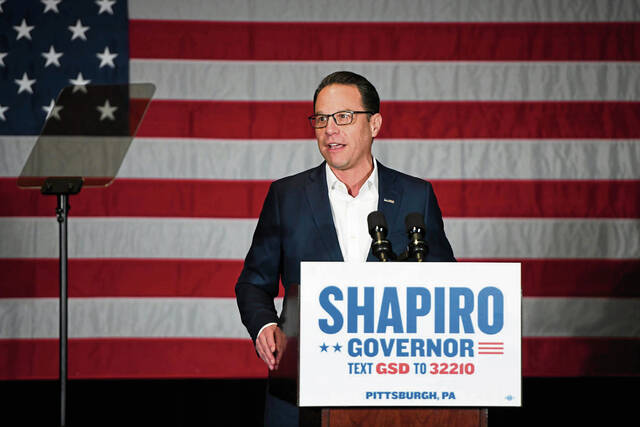Parties to a three-year dispute over the Laurel Pipeline say American consumers will be the winners when bi-directional service begins in October.
The Laurel Pipeline, operated by Houston-based Buckeye Partners LP, carries petroleum from Philadelphia refineries to central and Western Pennsylvania. But since 2016, Buckeye has sought to reverse the flow of the pipeline so that fuel can be brought in from Midwest refineries.
Having failed in their bid for flow reversal, the company sought approval for bidirectional service, which would allow for westward or eastward flow, depending on demand and the time of year.
This week, Buckeye and a group of gasoline retailers and energy companies that had opposed its plan said they have reached a settlement and filed the appropriate paperwork with the Pennsylvania Public Utility Commission.
The agreement, while still subject to regulatory approval, will allow bidirectional service to start between Pittsburgh and Altoona in October while preserving westbound service from Philadelphia, according to documents filed with the state PUC.
“We are pleased to reach this agreement that settles nearly three years of proceedings aimed at ensuring Pennsylvania consumers, shippers and retailers enjoy reliable access to fuels on the Laurel Pipeline,” Buckeye said in a statement. “This forward-looking settlement … will provide Pennsylvania consumers with greater access to more affordable, American-made fuels from the Midwest while maintaining westbound service.”
Giant Eagle and Sheetz, two gas retailers that sought to intervene in Buckeye’s efforts, said in a statement of support that the agreement is in the public interest “because it ensures that adequate access to the Pittsburgh market is available to shippers from the east despite temporary periods when east-to-west intrastate movement cannot occur.”
“It also ensures that Eastern refiners and shippers will continue to have the ability to meet demand in the Western Pennsylvania market when markets so dictate,” the retailers said.
Giant Eagle, which operates GetGo gas stations, and Sheetz opposed flow reversal and bidirectional service because they said it would shut out East Coast refiners, hurt competition and lead to higher gas prices at the pump.
According to the agreement, east-to-west service from Duncansville to Coraopolis will be no less than 1.2 million barrels per cycle (120,000 barrels per day, times 10 days) under bidirectional service.
The agreement also imposes a five-year moratorium on further extensions of bidirectional service and a seven-year moratorium on flow reversal for any points east of Pittsburgh on the Laurel Pipeline.
The agreement settles all of the Laurel Pipeline complaints pending with the state PUC and the Federal Energy Regulatory Commission.
Meanwhile, Australia-based IFM Investors, which announced in May that it was acquiring Buckeye Partners for $10.3 billion, has filed an application with the PUC for indirect transfer of control of the Laurel Pipeline from Buckeye to IFM Global Infrastructure Fund.








